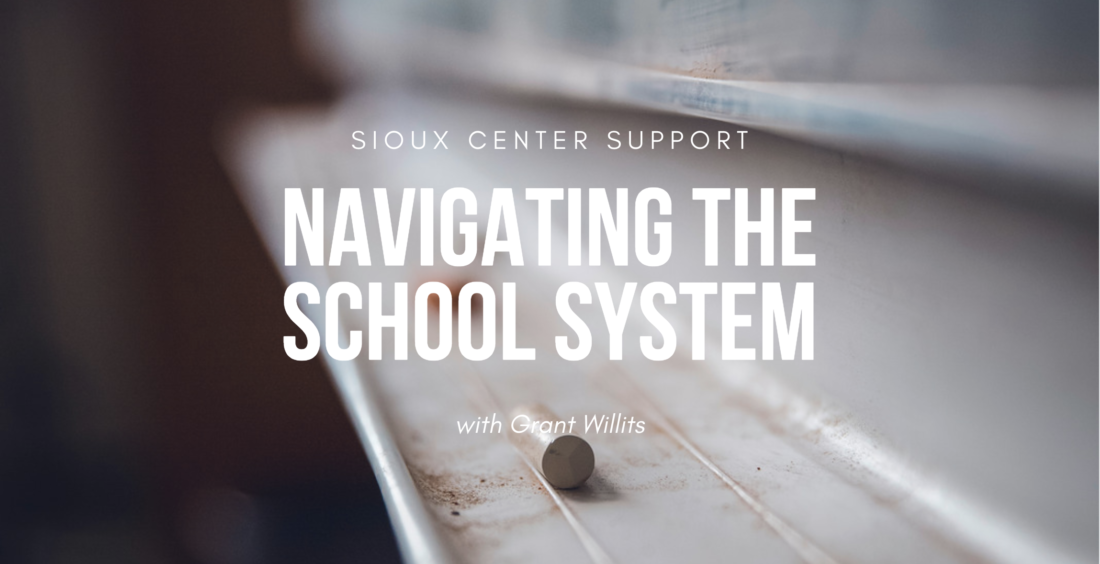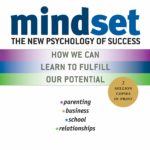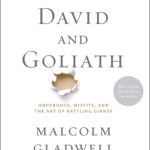That’s the first thing you should know.
Our children from hard places need guidance to survive and thrive in the school setting. And unfortunately, it’s not something many people outside of the foster care and adoption community understand. Until you’re living it, it’s hard to see the effects schooling can have on kids who have experienced trauma.
Grant Willits, our local school counselor and former classroom teacher, joined us for our first support meeting to share insights, strategies, and advice on how to help children in the school environment.
Topics included: setting and reaching academic goals, developing a “good enough” standard with your child, alleviating stress, developing social-emotional skills, and making strong connections between caregivers and school staff.

MEET OUR SPEAKER
Before we go any farther, we’d love for you to meet the man who shared his insights with us. He doesn’t claim to be an expert, but does promise to listen – and that might just be what we need more than anything at all.
Speaker Name: Grant Willits
Credentials: 8 years as a Middle School/High School Counselor, prior to that taught for 4.5 years, Masters Degree in Counseling, self described as a “Wandering Wonderer”
Crowning achievement: Dad of 6, parenting 5; Called by the Lord to be a school counselor 18 years ago; Passionate pursuer of new knowledge on trauma, mindset, and the young mind; Walking this road with you and committed to learning more
The ONE THING he hopes you take away: We’re all humans interacting with other humans. But we can get better. My overarching charge is this: If you’re struggling or your concerned or you just want to connect, call your school counselor. That’s the first person you should call. We might not have all the answers, but we do have a skill set to hear you better. Or at least I hope we do.
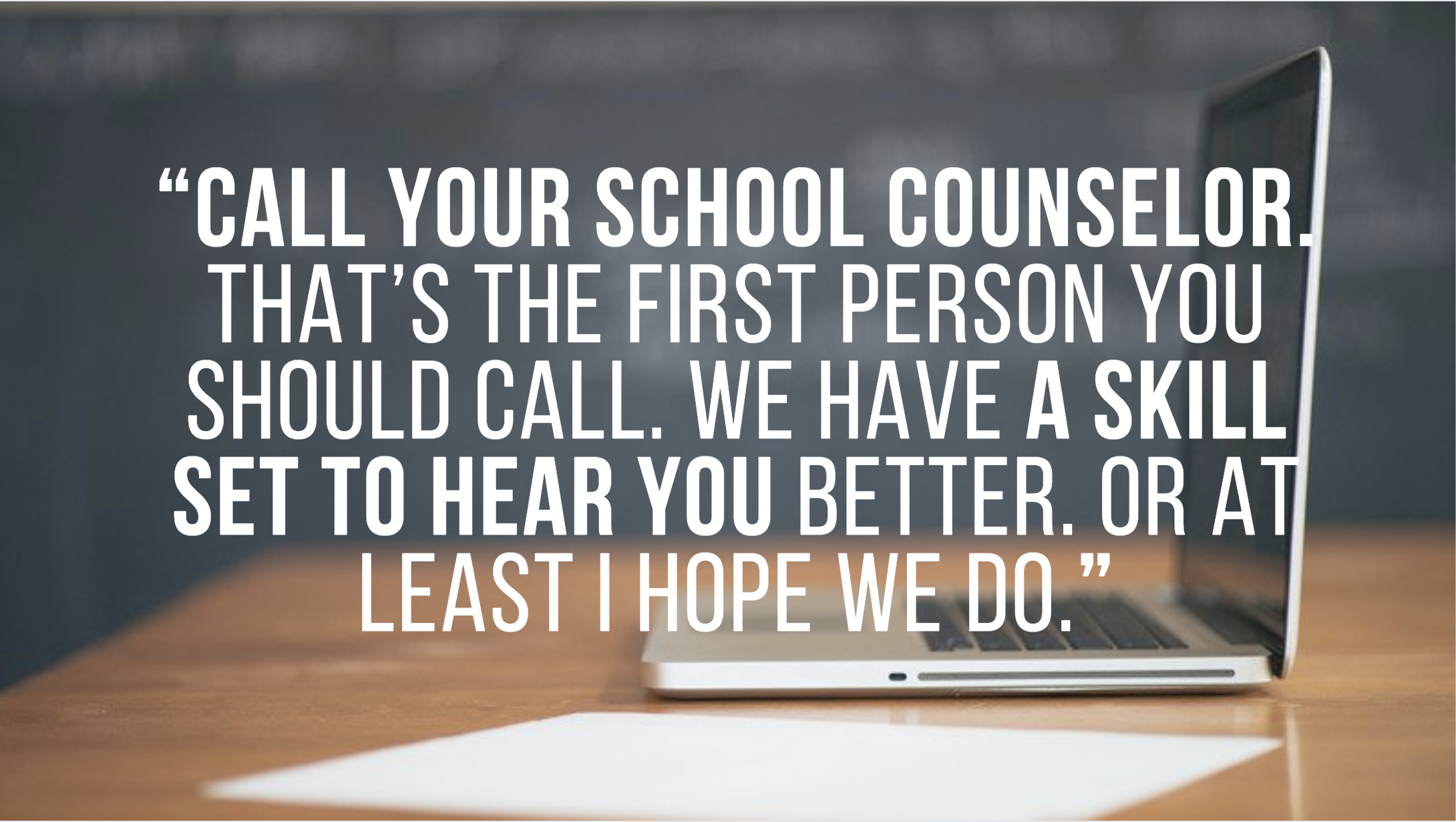
A FEW THINGS ABOUT SCHOOL CONTACT
-
- School counselors are in a unique opposition to listen and bridge the gaps that exist. Make your feelings known. Hopefully he/she will listen and respond with the question, “How do you want me to move forward with this?”
- Confidentiality is key for a school counselor. They do their best to share within the limits of confidentiality to protect the child/family/teacher/overall trust.
- Sometimes it is enough relief just to know that the counselor heard you. Other times more action will be needed.
- Grant shared, “As a school counselor, we have spent more time being trained on trauma, attachment, the difficulties and adversities that many kids face.”
- Another school contact to leverage is talking with the person that you feel the most comfortable with/have the best relationship with so far. Someone who you can trust, who can hear your true feelings, and someone to just begin a conversation about your child/needs.
- Know that someone is there and cares for your child. Find an ally at the school. Work together. Create a team for you child.
- Teachers and parents are on the same team. All the specialists, teachers, principals, staff, etc. need to know that this child is “our child,” not “yours” or “mine.”

THINKING ABOUT “THE SYSTEM”
- Grant acknowledged that school probably hasn’t been the best place for kids who have experienced trauma. “There is a lot we don’t do right, and there’s reasons for that. But I’m also excited for the ways we’re trying to do it better.”
- He believes there are “Two Essential Truths” as we grow together:
1.) “The only answer to any real question is balance.”
2.) “Knowing implicates caring.”
- We also need to keep in mind that schools are 100% made up of humans. All humans. All with their own stories. All broken. But all trying to connect with the good.
- Grant encouraged parents to share what they felt they could. “The more we know about you and your kids, the greater capacity we have to care.”
- Kids, like all humans, are desperate to be heard and known. This can be especially true for our kids from hard places who are constantly wrestling with fears and past experiences of abandonment. How can you help your child’s teacher understand this – remembering that you probably didn’t understand either until you were living it.
- We all need to have Unconditional Positive Regard = The belief that everyone is doing the best they can with what they have. But we can encourage our teachers to have this with our children as well.
- Because teachers believe “the system works” and “they need to hold kids accountable”, they’re doing what they think is best for them; we’re slowly learning that doesn’t work for kids with trauma, but there is so much education yet to be done.
- Grant shared, “As a school We’re trying to break the mold of “the system”, but we’re up against 100 years of tradition. One side effect of “the system” is that kids get sorted out. There is a lot of comparison, spoken or not, that is telling our kids who they are in relation to everyone else. “There’s no such thing as a healthy comparison. Who did you use to be? That should be your only comparison.” It’s about growth. Personal growth is the key for your child.“
- We need to figure out as parents how to do what’s best for our children, and our value as a parent must be completely detached from that; that might mean you don’t promote good grades, that might mean you don’t do your homework, that might mean they won’t be valedictorian. You do what’s best for your kids even if it might not “make you look good.”
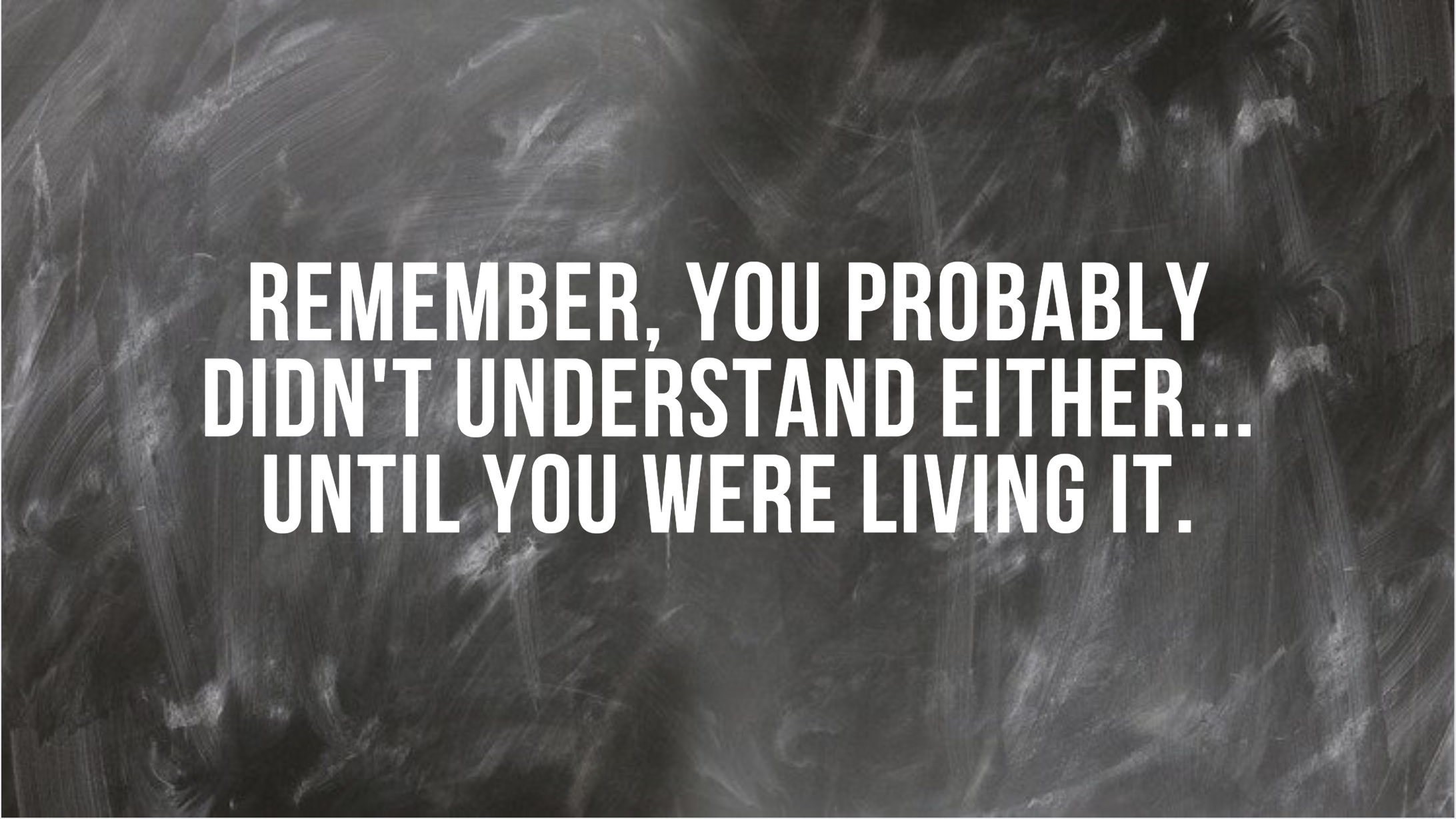
A WORD FROM EDUCATORS
Teacher in attendance said they would love to know more about their students so they can better understand their needs. They asked that parents would shoot them an email, text, or message to the teacher to fill them in. It’s easier for teachers to receive information from the parents in the first place than to have to figure out the story themselves.
However, they did also share that expectation for return communication needs to be reasonable. To open an email [even daily!] and read an update is never too much. It’s when teachers are expected to log behaviors, send daily reminders, reply to every message, etc. that frustrations often builds. Teachers are busy and aren’t able to reply to all the parent contact, but they can read it and put it to use in their classrooms.
Parents, please take the time to communicate to your teachers, even if you do not get a reply from them every time. They are taking in the information in and working on it even if they don’t have a chance to follow up with you.
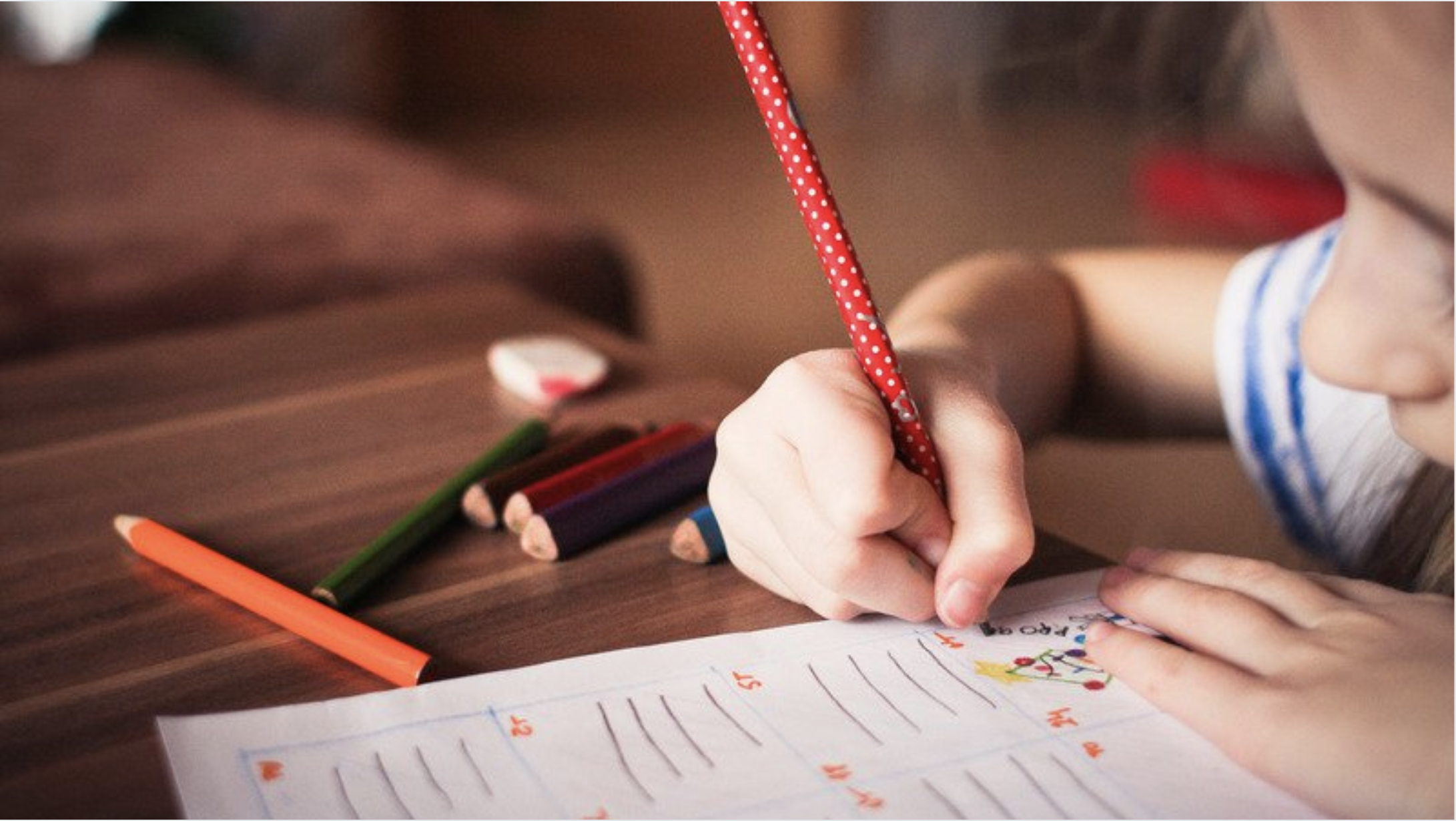
PARTICIPANT QUESTIONS + COMMENTS
…and things for us all to think about.
-
- How do we encourage teachers to see all children as “our kids” – especially if our leave the room to work with other teachers?
- How do we get teachers on our team?
- What kind of trauma informed education are teachers receiving?
- One participant shared that she felt about her child like the Father felt when Jesus was baptized – “Look at my beloved son!” I want to tell people, “Look at my beloved daughter!” I know she’s hard, but I just want people to pull her in, not push her away. We want them to be known as God’s beloved kids.
- Another participant shared, “Something with my adopted child that I have no experienced with biological child is that I am always trying to convince my child that they are worthy of being loved. When a teacher does not acknowledge or know them, they are coming home with that lie internalized and that’s work that I have to undo.”
- What one participant wish teachers knew: “I want you to trust that I am an expert in my kid. Just hear me when I say this will work and this won’t. I can’t share all of the details, I just need you to trust me.”
- Finally, a participant challenged everyone in the circle with these words: “Wouldn’t we all have more compassion if we had more background information? In fairness to the teacher and in fairness to the child, let’s not withhold things from the teacher. Let’s offer them that lens of compassion. That’s on us.”
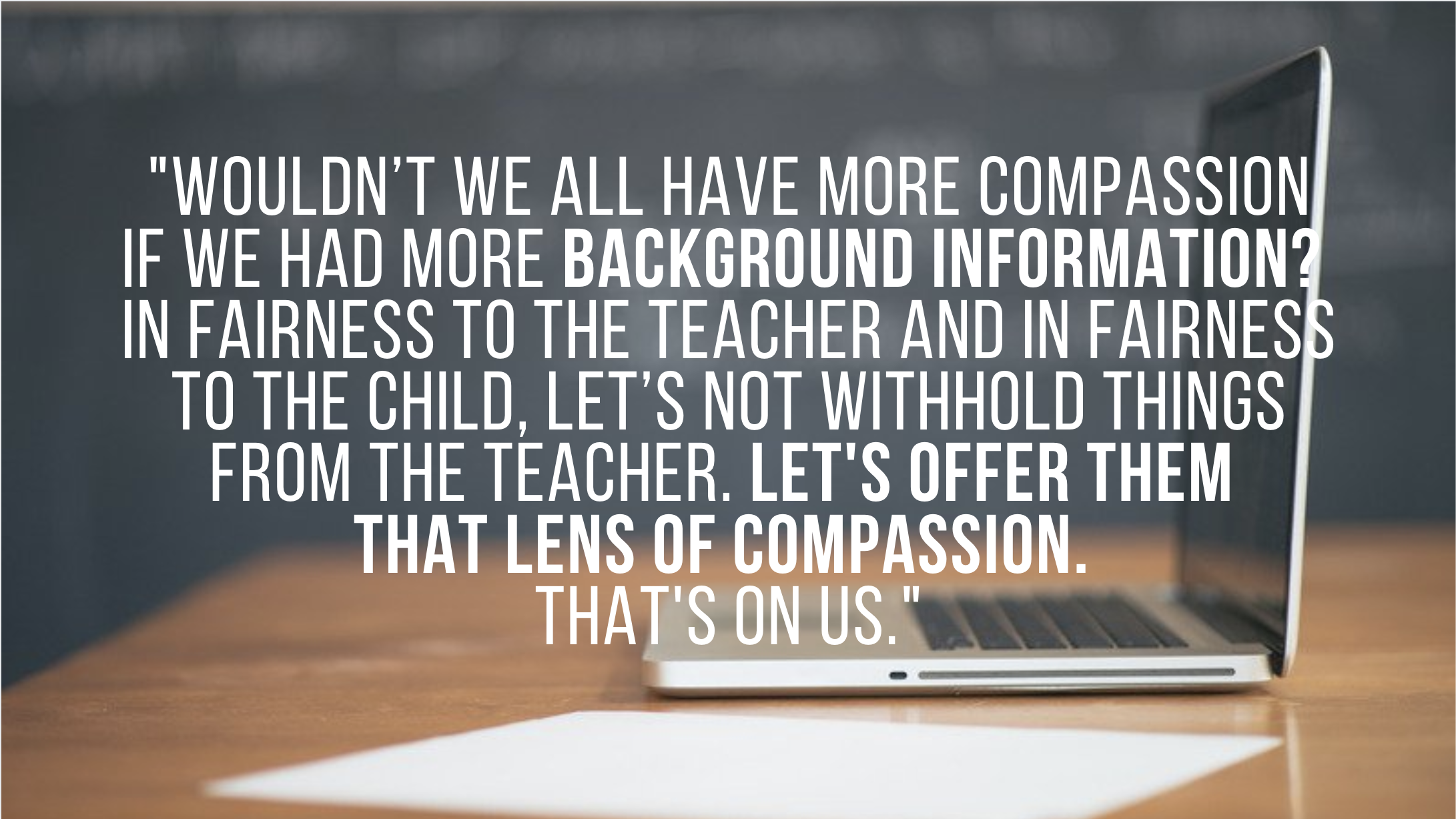
ADDITIONAL RESOURCES
Check out these reading suggestions from our speaker!
- Brene Brown’s book Daring Greatly
- Grit by Angela Duckworth
- Mindset by Carol Dweck
- Center for Parent/Youth Understanding (CPYU) https://cpyu.org/
- David and Goliath by Malcolm Gladwell

